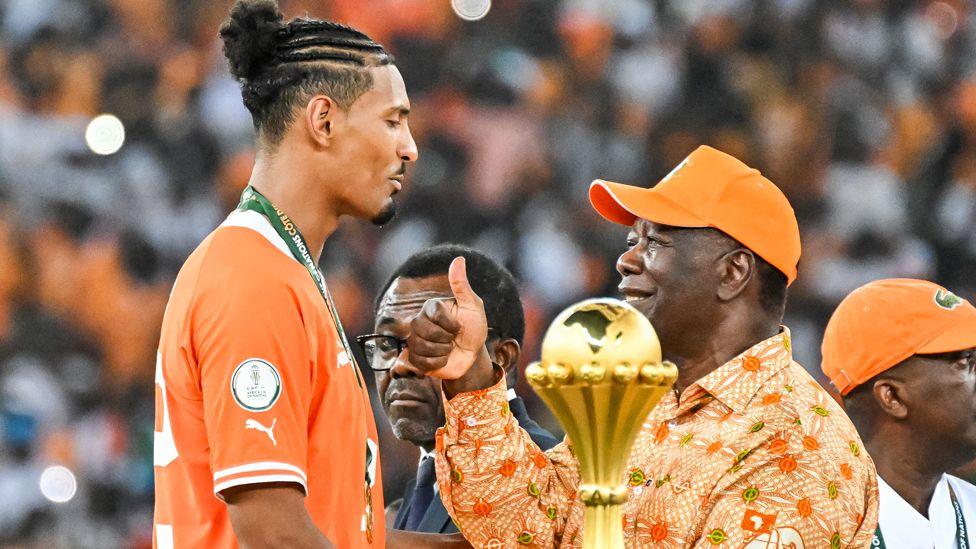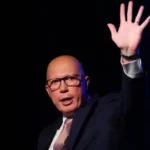Introduction
As Ivory Coast prepares for its crucial 2025 presidential election, the disqualification of prominent opposition figure Tidjane Thiam has raised fresh doubts about the country’s democratic integrity. Once hailed as a beacon of economic recovery and stability in West Africa, Ivory Coast is now wrestling with a series of political controversies that may cast a shadow over its democratic future. In this blog, we explore the top five political setbacks undermining confidence in the Ivorian electoral process.
1. Tidjane Thiam’s Disqualification
On 22 April 2025, an Abidjan court ruled that Tidjane Thiam, the newly announced presidential candidate of the Democratic Party of Ivory Coast (PDCI), was ineligible to run due to a technicality in his nationality status. Despite surrendering his French nationality earlier this year, the court invoked an obscure post-independence law that nullified his Ivorian citizenship upon his acquisition of French citizenship decades ago. Without any legal avenue for appeal, Thiam’s exclusion could strip the election of its most viable opposition candidate.
2. Return of “Ivoirité”-Style Identity Politics

The case echoes the divisive politics of “ivoirité,” a concept used in the 1990s and 2000s to exclude presidential hopefuls like Alassane Ouattara on the basis of supposed foreign heritage. While the rhetoric is subtler today, the use of citizenship laws to disqualify candidates like Thiam indicates a troubling return to identity-based exclusion. This undermines voter confidence in the fairness of the system and could reignite old political tensions.

3. The Silencing of Key Opposition Leaders
Thiam is not alone in facing exclusion. Former President Laurent Gbagbo, ex-Prime Minister Guillaume Soro, and former minister Charles Blé Goudé are all barred from the race due to past convictions. The absence of these prominent figures severely narrows the field, making a competitive, pluralistic election virtually impossible.
4. One-Party Dominance by RHDP
With the opposition in disarray, the ruling Rally of Houphouëtists for Democracy and Peace (RHDP) stands to dominate the political landscape. Whether President Ouattara seeks a controversial fourth term or endorses a successor, the lack of real competition risks reducing the election to a formality. This is a far cry from the democratic contest many Ivorians hoped for, especially the country’s youth, who make up the majority of the population.
5. Undermining Regional Democratic Gains
Ivory Coast is a regional powerhouse within ECOWAS and the CFA franc bloc. Its democratic backslide sends a discouraging signal across West Africa, where coups and authoritarian tendencies are already rising. Countries like Senegal and Liberia have recently upheld democratic norms—Ivory Coast’s return to exclusionary politics stands in stark contrast.
Conclusion
As the October 2025 election nears, the disqualification of candidates and legal maneuvering signal a retreat from the democratic values Ivory Coast has fought hard to restore. Whether through international diplomacy, grassroots pressure, or political negotiation, there is still time to course-correct. But as things stand, the country’s political trajectory risks becoming an own goal for its hard-won democracy.
Explore more: How ECOWAS is Responding to Regional Coups









